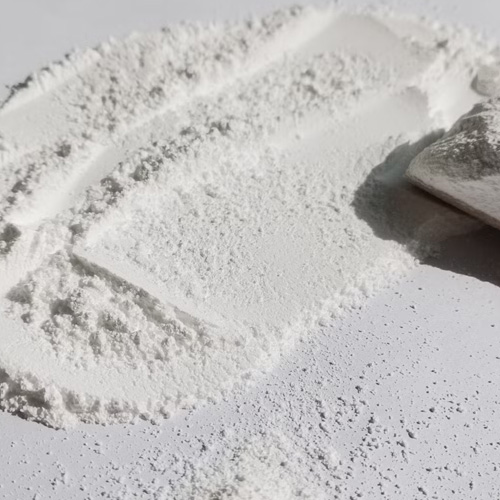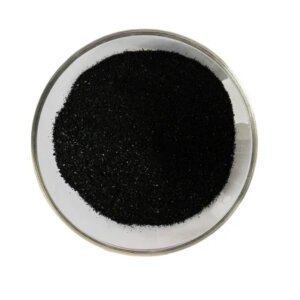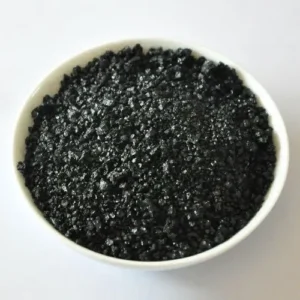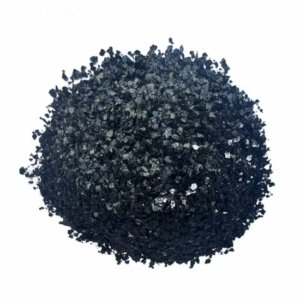Description
Chemical Formula: MgSO₄
Molar Mass: 120.37 g/mol
Appearance: White crystalline powder
Solubility: Highly soluble in water and also soluble in alcohol.
Hygroscopic: It can absorb moisture quickly, which is why it is widely used in laboratories for drying substances.
Description:
Sandy or Acidic Soils Need Anhydrous Magnesium Sulfate
Anhydrous magnesium sulfate is a vital element that plays a significant role in soil improvement. It is used to address soil deficiencies brought about by the soil’s acidity, otherwise known as sandy soils. Acidic or sandy soils often lack crucial nutrients, including magnesium, necessary for plant growth and yield.
Sandy soils have minimal fertility since they contain few nutrients that are easily leached away. The sandy soil’s high porosity makes it challenging to retain moisture, which directly affects plant growth. Anhydrous magnesium sulfate supplements the soil by providing magnesium, a vital component that enriches soil fertility, and increases water retention.
Magnesium is one of the essential macronutrients required by plants. It is a vital component in chlorophyll’s structure, hence crucial in photosynthesis. Its absence or insufficient quantity within the soil can lead to the yellowing of plant leaves, hence negatively impacting plant growth and development.
Anhydrous magnesium sulfate contains magnesium, a vital plant nutrient, and sulfur, a critical element for the synthesis of amino acids and proteins. It dissolves quickly in water and is quickly assimilated by plant roots. The addition of anhydrous magnesium sulfate to sandy soils enhances the soil fertility’s chemical composition, making it suitable for improved plant growth and productivity.
Crops grown in sandy soils supplemented with anhydrous magnesium sulfate have shown improved yields in terms of quality and quantity. In addition, the plants’ resilience to environmental stress is enhanced, resulting in better adaptability to drought and other extreme conditions.
In conclusion, the addition of anhydrous magnesium sulfate to sandy or acidic soils has been proven to be a useful soil amendment strategy. It improves soil fertility, increases water retention, enhances plant growth and productivity, and boosts crop yields. As such, farmers and gardeners can use this soil amendment strategy to rejuvenate their sandy soils’ fertility and improve plant yields.
Specification
| Test Item | Specification(%) |
| Puriry | ≥98.0% |
| MgO | ≥32.8% |
| Iron | ≤0.0015% |
| Heavy metal | ≤0.001% |
| waterIns insoluble substance | ≤0.05% |
| Look | White powder |
Storage: Store in dry and ventilated warehouse away from moisture. Don’t store goods outside or expose to the air.
Packing: In 25/50/500/1000kg PP/PE bag or on customer request.





Reviews
There are no reviews yet.